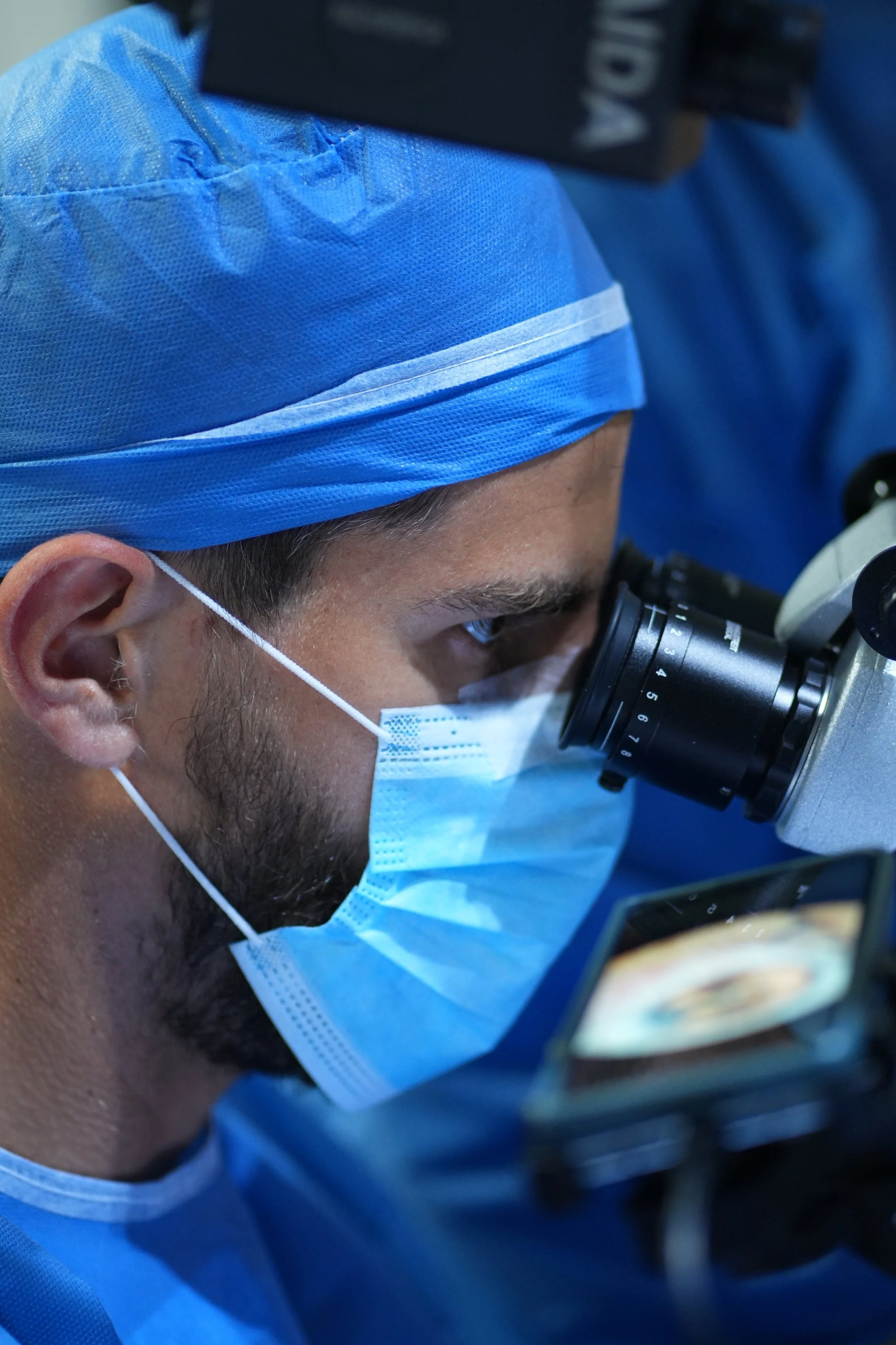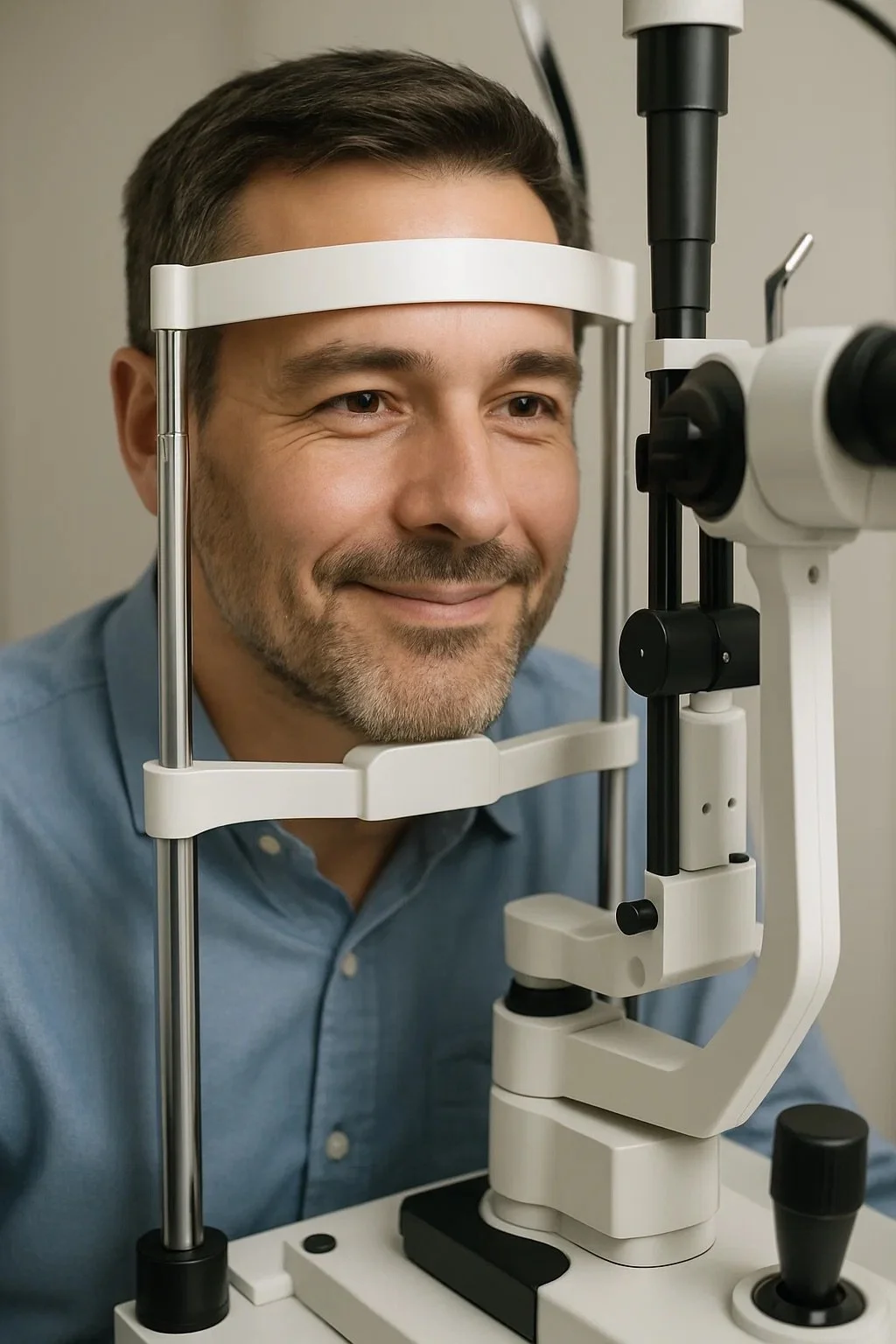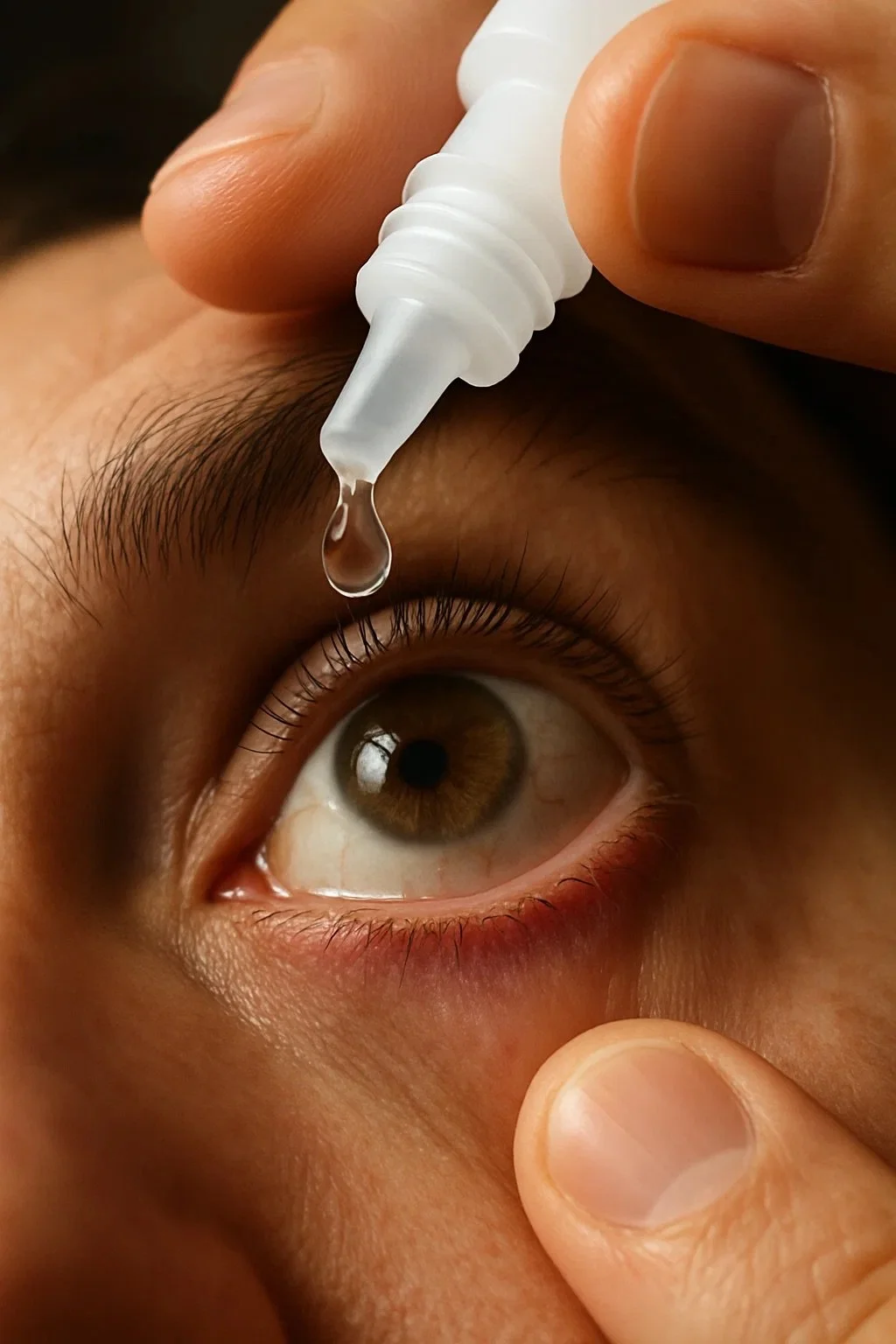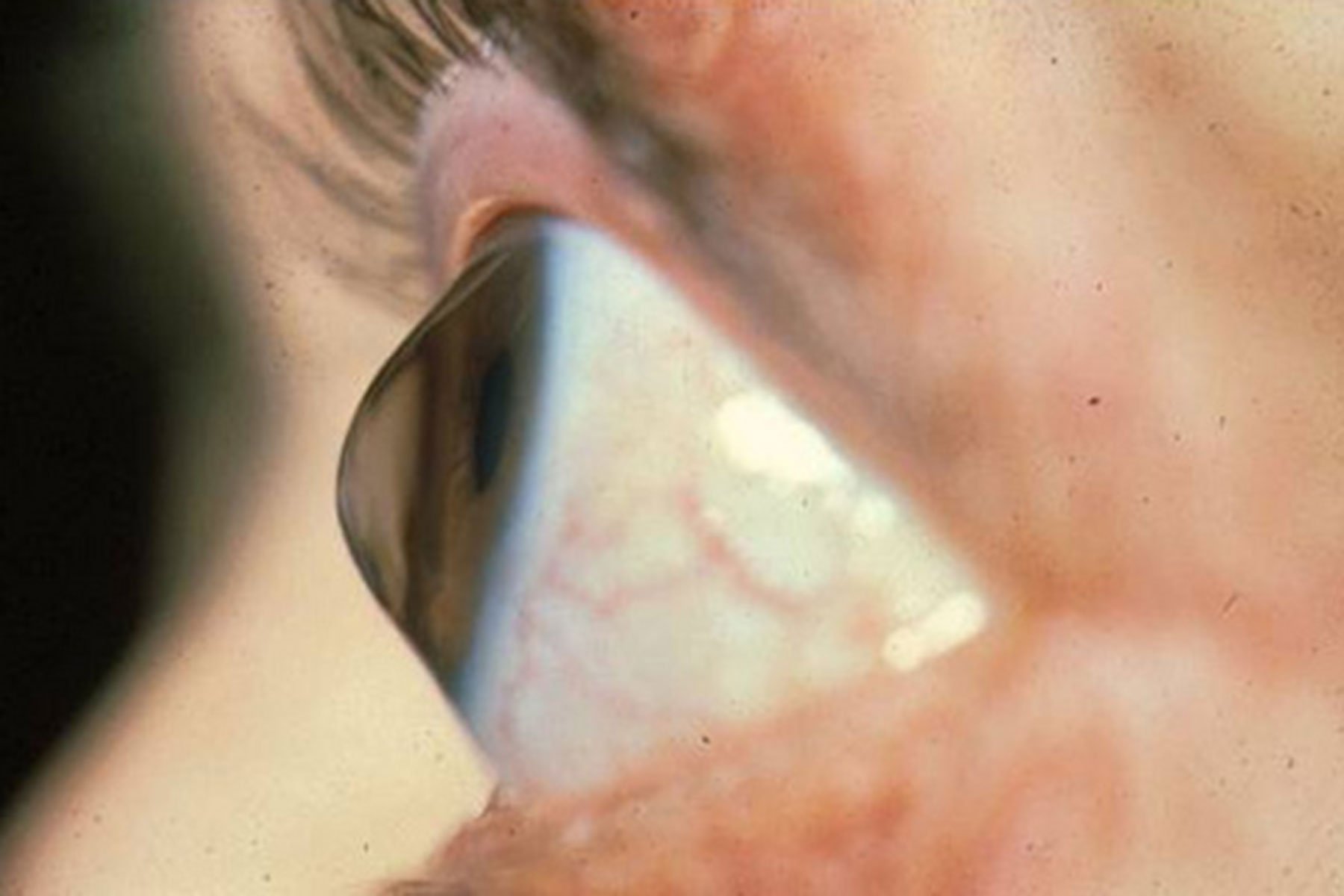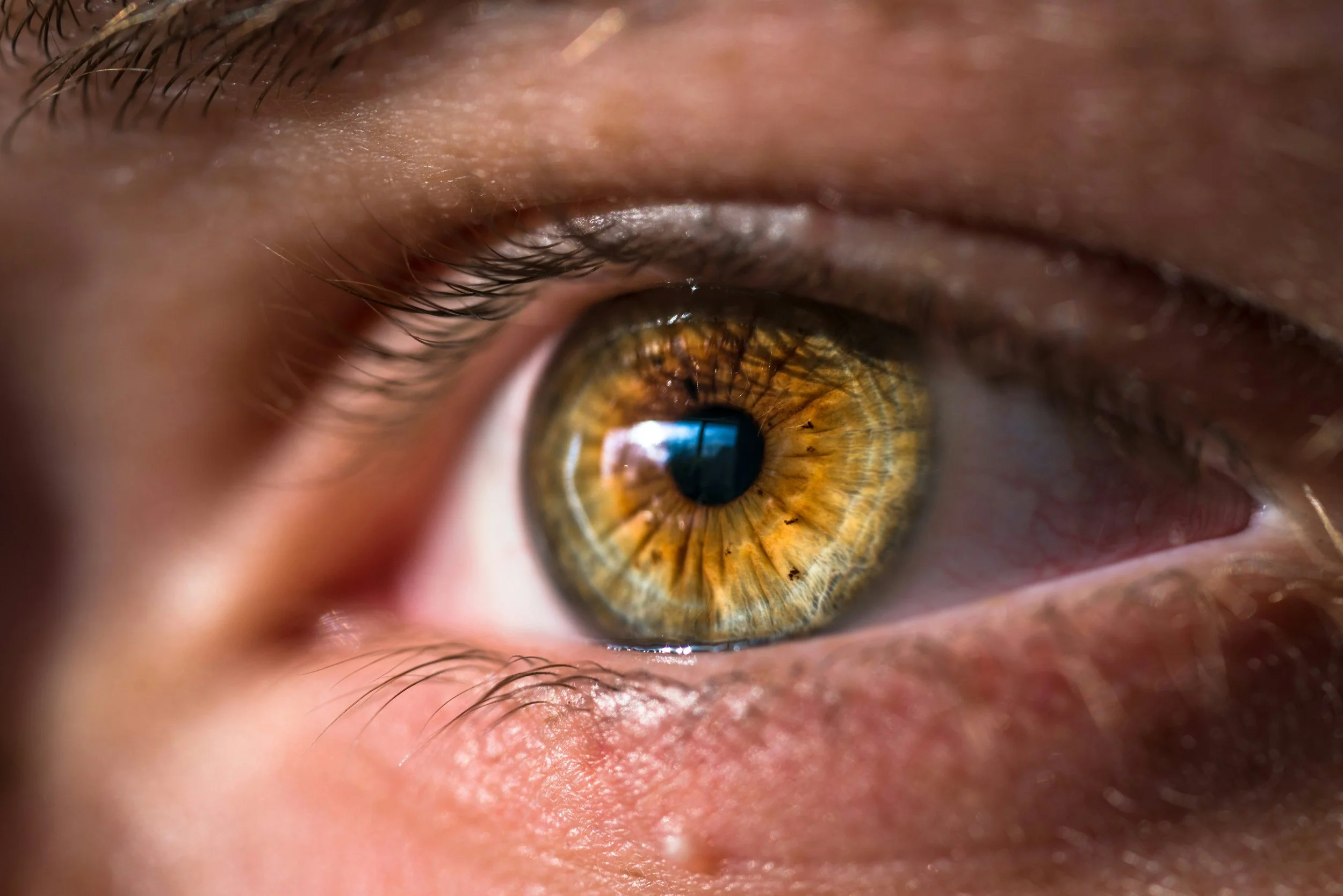
Clarity Begins Here.
Meet Dr. Matias Soifer
Eye Surgeon | Cataract, Cornea & Refractive Specialist
Dr Matias Soifer trained at Duke University, the National Eye Institute, and Bascom Palmer Eye Institute (the #1 ranked eye hospital in the USA). He brings world-class expertise to cataract, cornea, and vision correction surgery. With a strong foundation in clinical research, cornea management and EVO ICL surgeries, he integrates the latest scientific advances into personalized, patient-centered care. Now serving patients across South Florida to give you the best quality of vision and life!
Services
Location
3230 West Flagler Street, Miami, FL. 33135
Hours
Monday–Friday
8am–4pm
Phone
(305) 443-3330
